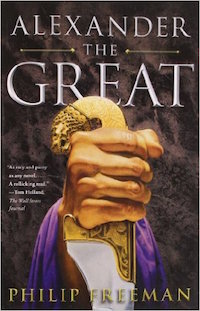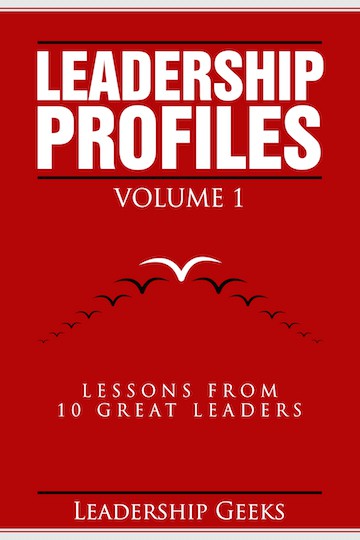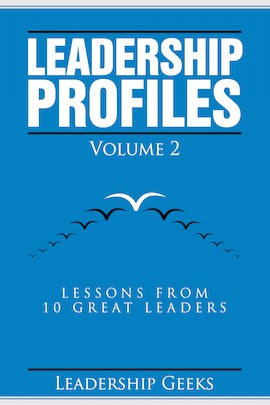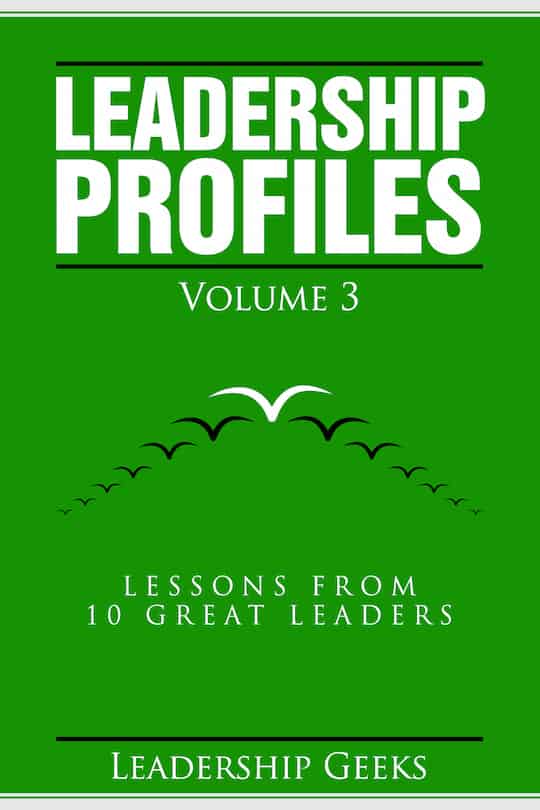Alexander the Great was one of history’s greatest conquerors. Born as heir to the Macedonian King, his great ambition led him to take on the great Persian Empire. At its height, Alexander’s empire stretched all the way from modern day Italy to the Himalayas.
A Short Biography
Alexander was born in 356 BC in Pella, a city in the Kingdom of Macedonia. He was the son of Philip II, King of Macedon. Alexander was raised as a noble Macedonian youth. He learned to read, play the lyre, ride, fight, and hunt.
As he got older, his father had the famous Aristotle tutor his son. Aristotle educated Alexander and his companions in various disciplines such as medicine, philosophy, morality, religion, logic, and art. Many of his study companions would later become generals in his army.
When King Philip was assassinated, Alexander ascended to the throne at the young age of 20. After quelling small uprisings and rebellions after his father’s death, Alexander began his campaign against the Persian Empire.
Crossing into Asia with over 100,000 men, he began his war against Persia which lasted over 7 years. Alexander displayed tactical brilliance in the fight against the Persian army, remaining undefeated despite having less soldiers.
His successes took him to the very edge of India, to the banks of the Ganges River. His armies feared the might of the Indian empires and mutinied, which marked the end of his campaign to the East. He had intended to march further into India, but he was persuaded against it because his soldiers wanted to return to their families.
Alexander died unexpectedly after his return to Babylon. Because his death was sudden and he did not name a successor to his throne, his empire fell into chaos as generals fought to take control.
Today, Alexander the Great is still considered one of the most successful military leaders in history. His conquests shaped not just eastern and western culture but also the history of the world.
Leadership Lessons from Alexander the Great
1. Believe in yourself
From a very young age, his parents instilled in Alexander a belief that it was his destiny to conquer the Persian Empire. This belief would stay with Alexander until his deathbed. At a few points in his life, Alexander even believed that he was the Son of Zeus and was to be worshiped. This demonstrates the depth of his self-belief.
Although such extreme egoism is harmful, it is important to believe in yourself. To lead successfully, you need to have a considerable amount of self-belief to inspire the same level of faith in your team.
Do you truly believe in your own ability to succeed? If you can’t give an outright ‘yes,’ take a closer look at what beliefs are holding you back.
2. Leverage your team’s strengths
Alexander was a brilliant and cunning tactician in battle. He knew that the disorganized Persian army would not be able to withstand his phalanxes (a body of troops in formation). So he used them to their best effect each time, breaking through enemy ranks and forcing the Persians to retreat.
A good leader understands the strengths and weaknesses of his team and he puts them in positions where they are more likely to succeed.
You might liken it to being a chess player. You have a variety of resources at your disposal: people of differing skills and abilities. The key is to always learn how to position each person in a role that leverages their strengths.
3. Make yourself an unnecessary part of the team
Although Alexander conquered much of the known world during his time, his empire never survived him. His strength when he was alive became a weakness after his death.
After Alexander passed away, no one had the charisma or leadership to rule such a huge empire. Civil war soon broke out, and what Alexander built in one generation was destroyed in the next.
A good leader makes himself indispensable to the team, but a great leader makes himself fully dispensable! He is able to step out of the team and still have them perform at full capacity.
So find a way to position your team such that you become an unnecessary part of it. When your team is still able to perform at a high level even when you remove yourself from the equation, you have done your part as a leader.
Books about Alexander the Great
For two thousand years, generals, great leaders and strategists have studied the ways of Alexander the Great; a man who left an indelible mark on the world in a short time. Aimed at a general audience, this biography delves into the life of the great conqueror, revealing everything you need to know about Alexander the Great.
The author a military commander himself, The Campaigns of Alexander truly digs deep into the unparalleled skills and thirst for conquer of Alexander the Great, exploring in vivid details some of the greatest military campaigns in history.
The unmatched military strategy and tactics brought him most of the known Ancient Greek world, but it was the insatiable ambition that drove him from within and made him reach for the stars. Read all about Alexander the Great in this beautifully illustrated book.
Quotes from Alexander the Great
“A tomb now suffices him for whom the whole world was not sufficient.”
“I had rather excel others in the knowledge of what is excellent, than in the extent of my power and dominion.”
“Remember upon the conduct of each depends the fate of all.”
“I am indebted to my father for living, but to my teacher for living well.”
“There is nothing impossible to him who will try.”
“Heaven cannot brook two suns, nor earth two masters.”
“I am not afraid of an army of lions led by a sheep; I am afraid of an army of sheep led by a lion.”
“How great are the dangers I face to win a good name in Athens.”
“I am dying with the help of too many physicians.”
Alexander the Great Leadership Video
A feature on the true story of Alexander the Great:
Other Links
Wikipedia: A short account of Alexander’s life
HistoryofMacdonia.org: Biography of Alexander the Great
More Military Leader Profiles
For leadership profiles of other famous military leaders, including Napoleon, Genghis Khan and Winston Churchill, check out our Military Leadership Profiles section.
Also check out our Leadership Profiles book series. In each book, we study 10 influential leaders in Business, Military, Politics and Sports.







